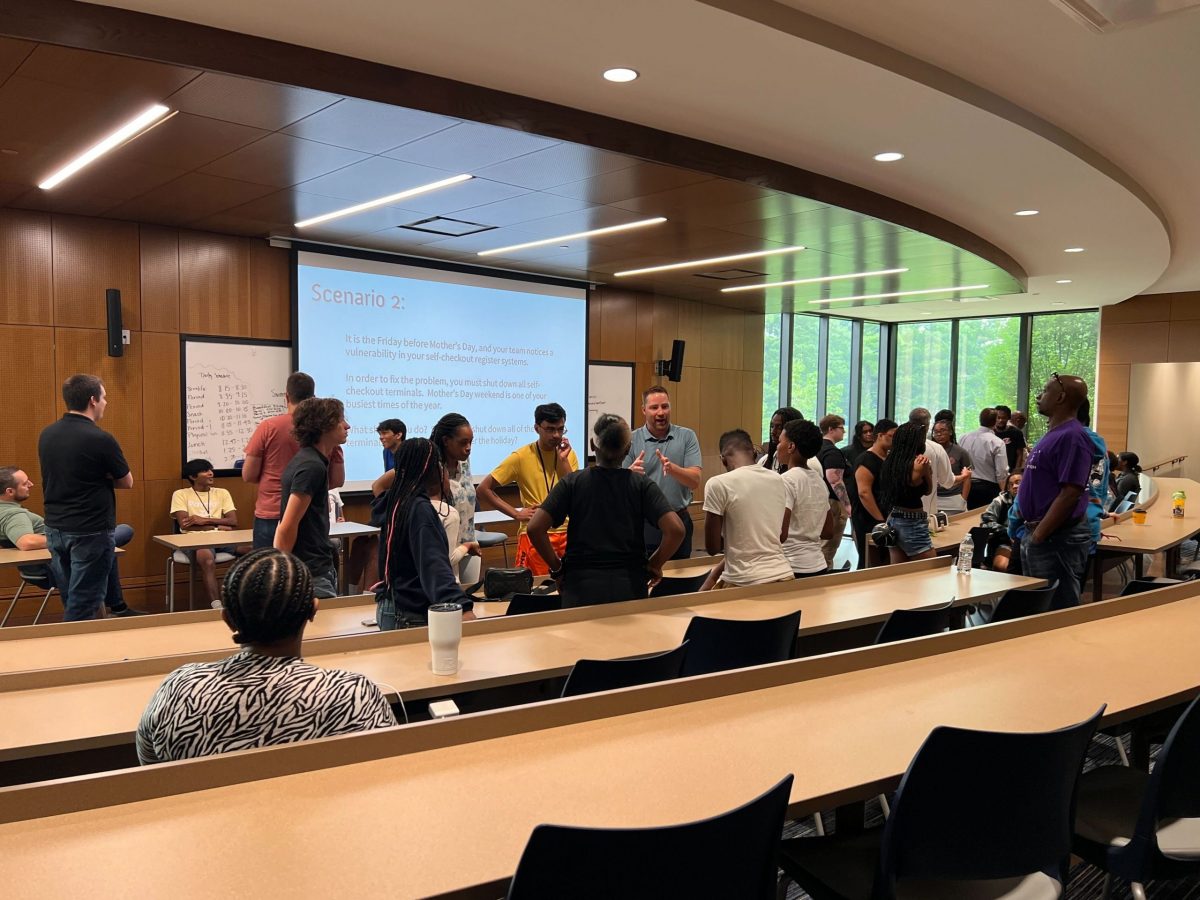The Future of Hiring: How Skills-Based Hiring is Shaping the Workplace
Finding top talent is hard especially when your team is already stretched thin. You need to find a person who can hit the ground running, but how? Gone are the days of solely judging candidates based on their degrees and experience. Skills-based hiring is revolutionizing the hiring process.
Skills-based hiring prioritizes skill sets over formal education and experience. While traditional hiring often relies heavily on educational background and work history, skills-based hiring flips the script. Employers now recognize that as long as candidates possess the necessary skills, their lack of formal education or relevant job experience shouldn't disqualify them. For instance, self-taught coders may lack a degree or prior coding job but possess the skills needed for the role. This approach focuses on inclusivity, welcoming candidates based on their abilities rather than excluding them due to specific prerequisites. However, it's crucial to verify candidates' skills through assessments or assignments rather than solely relying on their claims. This ensures candidates' skill levels align with the job requirements.
Skills-based hiring is starting to rise in popularity. Traditionally, recruiters would sift through countless resumes, looking for specific qualifications and experience. While these criteria are important, they don't always give a complete picture of a candidate's potential. Skills-based hiring is a more inclusive approach that emphasizes the actual skills an individual possesses, rather than just their credentials.
Now, you might be wondering why skills-based hiring matters. It comes with a multitude of advantages. It promotes diversity and inclusion in the workplace. By shifting the focus from degrees to skills, recruiters can give equal opportunities to a wider range of candidates. This not only helps to break traditional biases and stereotypes but also creates a more dynamic and innovative work environment.
Another perk of skills-based hiring is the efficiency it brings to the hiring process. Instead of spending hours sifting through resumes, recruiters can quickly identify the core skills and competencies required for a specific role. This streamlined approach saves time, energy, and resources for both employers and job seekers.
What's more, skills-based hiring can have a positive impact on employee engagement and satisfaction. When individuals are hired based on their skills, they have the opportunity to excel in their areas of expertise. This boosts confidence, job satisfaction, and overall performance, leading to happier employees and a more productive workforce.
So, how can organizations implement skills-based hiring successfully? Well, it starts with identifying the key skills and competencies needed for each role. By clearly defining what skills are required, employers can target their recruitment efforts and attract candidates who possess those specific abilities.
Of course, no transition is without its challenges. One of the main hurdles when adopting skills-based hiring is resistance to change. Many organizations have been following traditional hiring practices for years, and convincing them to shift their mindset may take some effort. It's important to educate stakeholders about the benefits of this approach and showcase success stories from other companies that have embraced skills-based hiring.
Addressing potential skills gaps and the need for ongoing training and development is yet another factor to keep in mind. While skills-based hiring allows organizations to focus on relevant skills, it's important to have strategies in place to bridge any gaps and provide opportunities for employees to continuously upgrade their skills.
Looking ahead, the future of skills-based hiring is promising. As technology advances, we can expect to see more sophisticated skill assessment tools emerging. These tools will provide even more accurate insights into candidates' capabilities, helping organizations make even better hiring decisions.
Skills-based hiring is revolutionizing the recruitment landscape, bringing a host of benefits to both employers and job seekers. By focusing on skills rather than solely relying on degrees and experience, organizations can create a more inclusive, efficient, and engaged workforce. Whether you're a job seeker or an employer, it's time to embrace skills-based hiring and unlock the true potential of talent.



